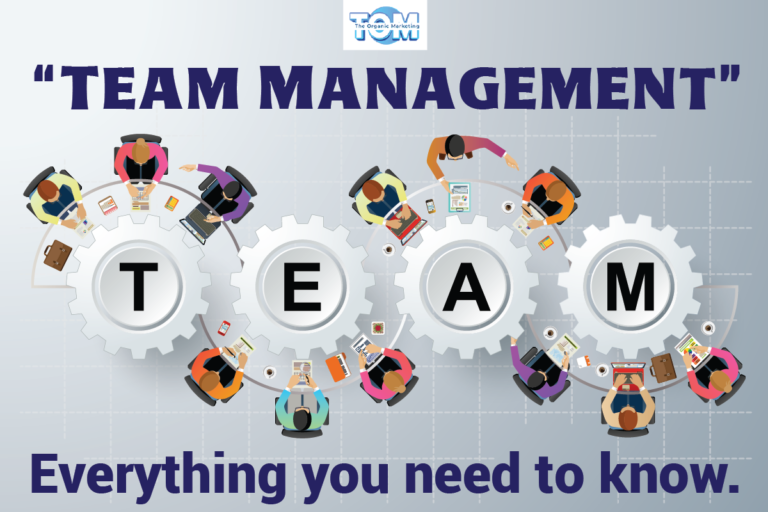Chief Knowledge Officer – Everything You Need To Know
Organizations understand the importance of maintaining and utilizing their intellectual assets in the knowledge-driven economy of today. Here’s where the Chief Knowledge Officer (CKO) comes in. This thorough study examines the nuances of the Chief Knowledge Officer, an important executive post, including duties, team members, necessary skills, credentials, and the typical compensation in India.
What is a Chief Knowledge Officer?
An organization’s knowledge management strategy and procedures are supervised by a senior executive known as the Chief Knowledge Officer (CKO). To improve productivity, creativity, and decision-making, the CKO is essential in locating, gathering, organizing, and sharing knowledge. For businesses looking to foster a culture of knowledge sharing and make the most of their intellectual assets, this strategic stance is essential.
How does the Chief Knowledge Officer work?
The Chief Knowledge Officer functions as a knowledge strategist and advocate, working across departments to promote knowledge sharing and collaboration. They ensure that the right information reaches the right people at the right time, empowering employees to make informed decisions and drive organizational success.
CKOs develop and implement a knowledge management strategy, identifying critical sources, facilitating knowledge sharing, fostering collaboration, innovation, and promoting a continuous learning culture for effective employee acquisition and application.
CKOs improve knowledge management methods by utilizing technological solutions including websites, collaboration tools, and data analytics platforms. Also, they use knowledge insights to pinpoint problem areas and streamline organizational procedures, which helps the organization perform better overall and be more successful.
Difference between CIO and CKO?
Due to their shared interest in data and information management, people frequently mistakenly believe that the Chief Knowledge Officer (CKO) and Chief Information Officer (CIO) have identical responsibilities.
The main difference between them, nevertheless, is in their main objectives and obligations. In order to ensure effective IT operations, the CIO is largely responsible for managing the organization’s information technology strategy, infrastructure, and cybersecurity.
The CKO, on the other hand, is primarily concerned with knowledge management and utilizing intellectual resources to improve performance and spur innovation. Although both jobs are essential to a company’s success, they focus on separate areas: the CKO manages knowledge, whilst the CIO manages technology.
Responsibilities of a Chief Knowledge Officer
The Chief Knowledge Officer carries out a wide range of responsibilities, including:
- Develop a knowledge strategy: Creating a knowledge management strategy that is in line with the aims and goals of the firm.
- Understanding mapping: Locating important organizational knowledge sources and repositories.
- Documenting and capturing knowledge: Assisting with the formalization of implicit and explicit knowledge to guarantee its diffusion and preservation.
- Knowledge-sharing projects: Creating tools and procedures that encourage cooperation and information exchange.
- Development and learning: Encouraging a culture of learning that motivates staff to continually study and apply what they have learned.
- Analytics of data: Enhancing knowledge management procedures and decision-making with data insights.
Members of a Chief Knowledge Officer team
A Chief Knowledge Officer may oversee a team of experts, including the following, to successfully implement knowledge management initiatives:
- Knowledge Managers: Accountable for managing the procedures for gathering, organizing, and distributing knowledge.
- Data Analysts: To glean insights and trends from knowledge management techniques, use data analytics.
- IT Professionals: Work together with the CKO to put technology solutions for organization and information exchange into place.
- Training and Development Specialists: To improve knowledge acquisition and application, conduct learning programs.
Skills and Qualifications for a Chief Knowledge Officer
Having a varied skill set and meeting certain requirements are necessary to become a successful chief knowledge officer:
- Information management: Thorough grasp of knowledge management strategies, concepts, and best practices.
- Leadership: Strong leadership abilities to promote a culture of cooperation and information sharing.
- Communication: Excellent interpersonal and communication abilities to promote information exchange.
- Strategic analysis: The capacity to coordinate knowledge management efforts with organizational objectives and values.
- Technology knowledge: Familiarity with technology and tools for knowledge management.
- Managing transition: Ability to navigate and control organizational change while implementing knowledge.
Academics/certifications needed to become a Chief Knowledge Officer
There are many different routes one might take to becoming a chief knowledge officer, however, certain educational backgrounds and qualifications can improve one’s chances:
- Education: In general, you need to have a bachelor’s degree in business administration, knowledge management, information science, or a closely connected discipline. Many CKOs have advanced degrees, such as a Master’s in Business Administration or Knowledge Management.
- Work Background: It is necessary to have extensive expertise in leadership positions, organizational learning, or knowledge management.
- Certifications for Professionals: Expertise in the subject can be verified by credentials like Certified Knowledge Manager (CKM) or Knowledge Management Professional (KMP).
Average Salary of a Chief Knowledge Officer in India
CKOs often make between INR 20 and 60 lakhs per year. Big companies or international businesses may pay more to experienced CKOs. Various factors, including the size, sector, and location of the company, might affect the typical compensation of a chief knowledge officer in India.
The position of a Chief Knowledge Officer has grown in importance for businesses looking to make the most of their intellectual assets in the knowledge-centric environment. Chief Knowledge Officers are well-positioned to lead transformational change and move enterprises toward success.
For more information on the role of Chief Knowledge Officer, get in touch with The Organic Marketing today.






